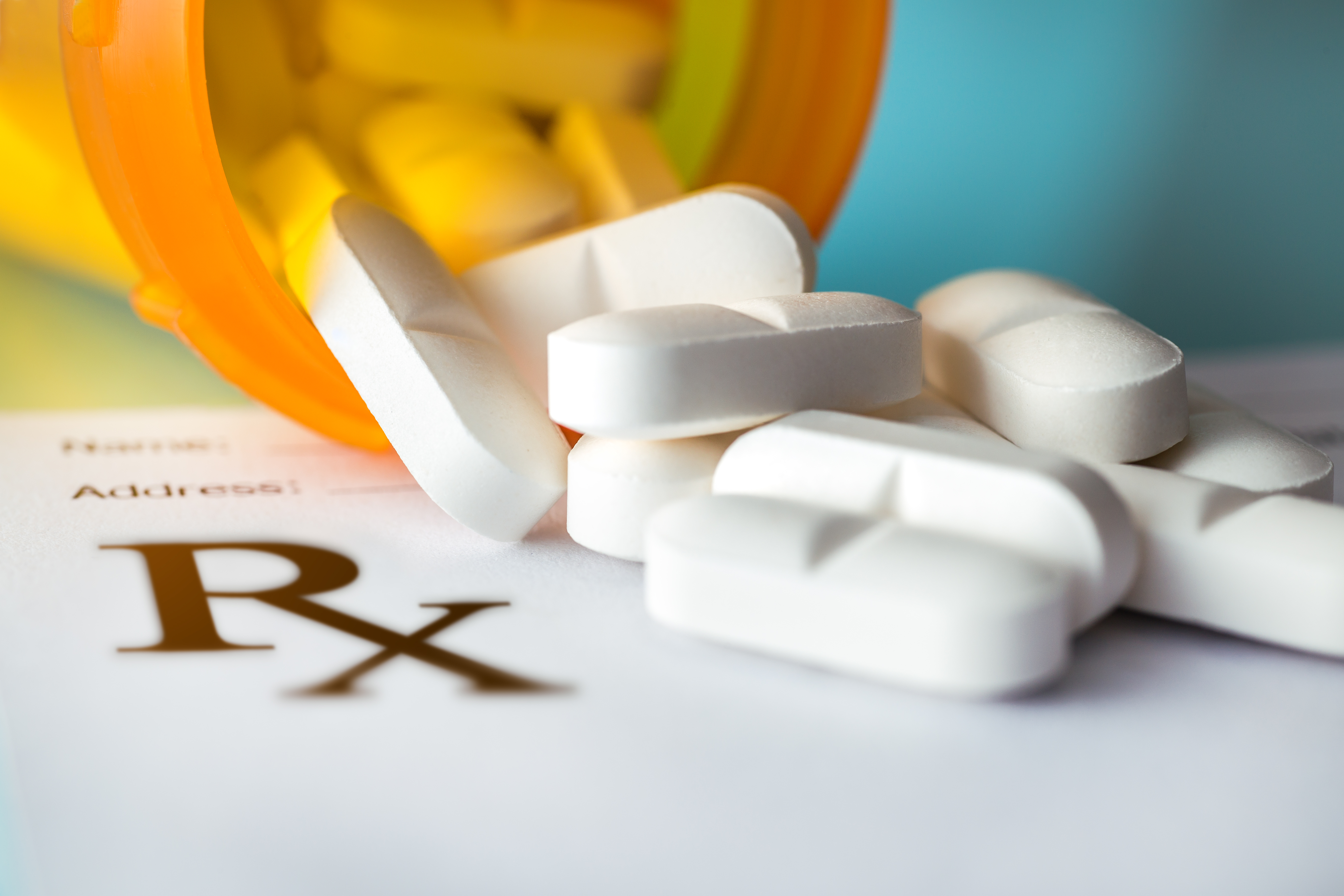
Low drug response may be a key predictor of anti-TNF treatment failure in patients with Crohn’s disease, according to the results of a study published in Lancet Gastroenterology & Hepatology.
“Anti-TNF treatment failure is associated with suboptimal drug concentrations, suggesting it might be possible to improve Crohn’s disease outcomes by boosting effective drug concentrations,” wrote study researcher Nicholas A. Kennedy, MBBS, of Royal Devon and Exeter Hospital National Health Service Foundation Trust, United Kingdom, and colleagues. “Dose intensification during induction in at-risk individuals (eg, patients with obesity, smokers, and patients with more active disease) and iterative dose adjustment—aiming for higher target drug concentrations than those currently recommended—might improve the durability and effectiveness of anti-TNF treatment.”
The study was designed to find factors associated with non-response to anti-TNF treatment at week 14, factors associated with non-remission at week 54, and adverse events leading to drug withdrawal. It included 955 patients with Crohn’s disease aged 6 or older being treated with anti-TNF drugs infliximab, its biosimilar, or adalimumab between March 2013 and July 2016. Patients were followed for 12 months or until drug withdrawal.
Non-response at week 14 occurred in 23.8% of patients and non-remission at week 54 occurred in 63.1%. About 8% of patients had to withdrawal drugs due to adverse events.
Upon multivariable analysis, low drug concentration was the only factor independently associated with primary non-response (infliximab: odds ratio [OR]=0.35; 95% CI, 0.20-0.62, P=.00038; adalimumab: OR=0.13; 95% CI, 0.60-0.28, P<.0001). The researchers found the optimal week 14 drug concentration associated with remission at both week 14 and 54 were 7 mg/L for infliximab and 12 mg/L for adalimumab.
Dosing at week 14 was also independently associated with non-remission at week 54 (infliximab: OR=0.29; 95% CI, 0.16-0.52; adalimumab: OR=0.03; 95% CI, 0.01-0.12; P<.0001 for both).
Suboptimal drug concentration at week 14 predicted immunogenicity for both drugs, and development of anti-drug antibodies predicted subsequent low drug concentrations.
“This association is consistent with the discontinuity theory of the immune response, which proposes that intermittent exposure to antigen promotes a persistent immune reaction, whereas exposure at constant concentrations, observed with adalimumab delivered subcutaneously every 2 weeks, induces an immune tolerance,” the researchers wrote. “Immunogenicity, which we have shown might occur earlier than previously suggested by other studies, might be mitigated by early dose optimization, minimizing loss of response.”
Finally, the study showed that treatment ineffectiveness, safety, and immunogenicity was similar between the originator infliximab and a biosimilar used in some patients, “which removes some of the cost constraints of dose intensification,” the researchers noted.
Kennedy NA, Heap GA, Green HD, et al. Predictors of anti-TNF treatment failure in anti-TNF-naïve patients with active luminal Crohn’s disease: a prospective, multicentre, cohort study. Lancet Gastroenterol Hepatol. 2019;doi:10.1016/S2468-1253(19)30012-3.

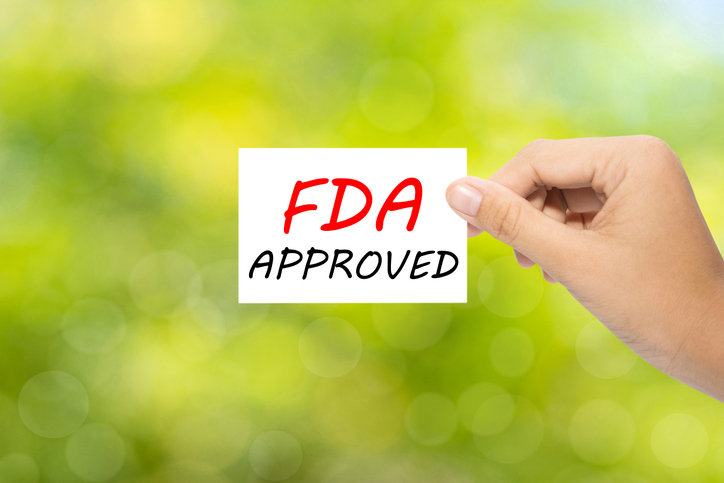
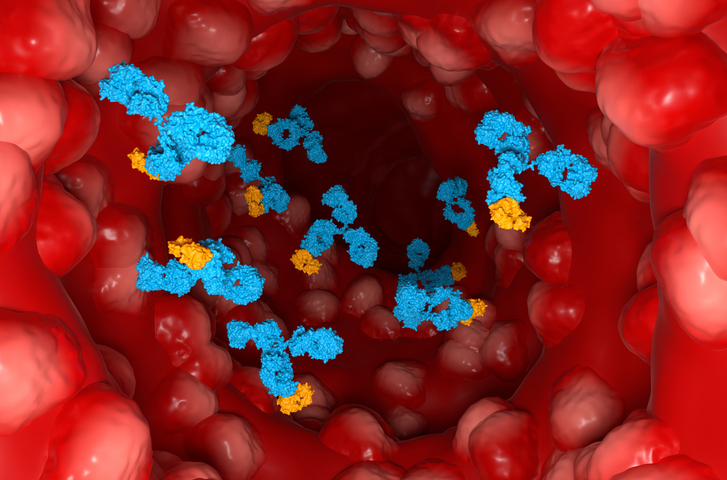
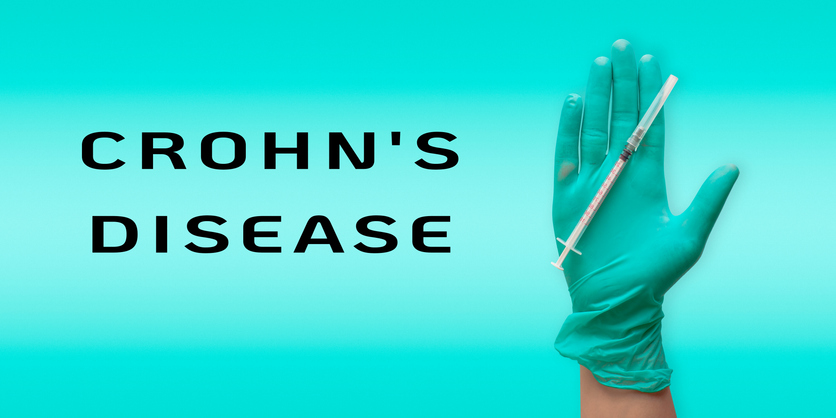
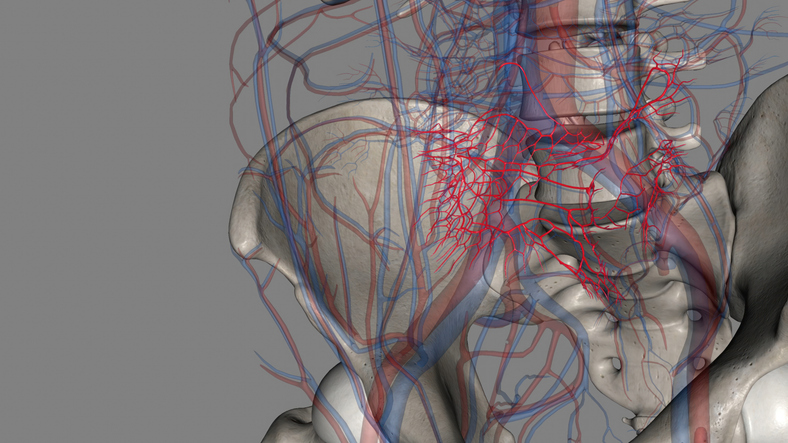


 © 2025 Mashup Media, LLC, a Formedics Property. All Rights Reserved.
© 2025 Mashup Media, LLC, a Formedics Property. All Rights Reserved.